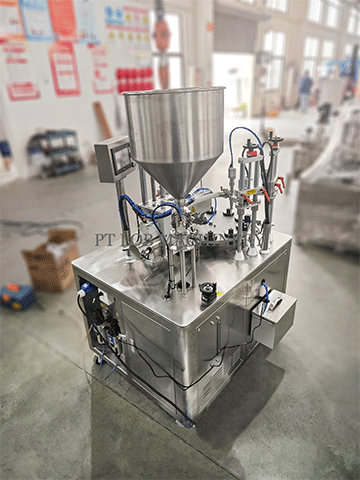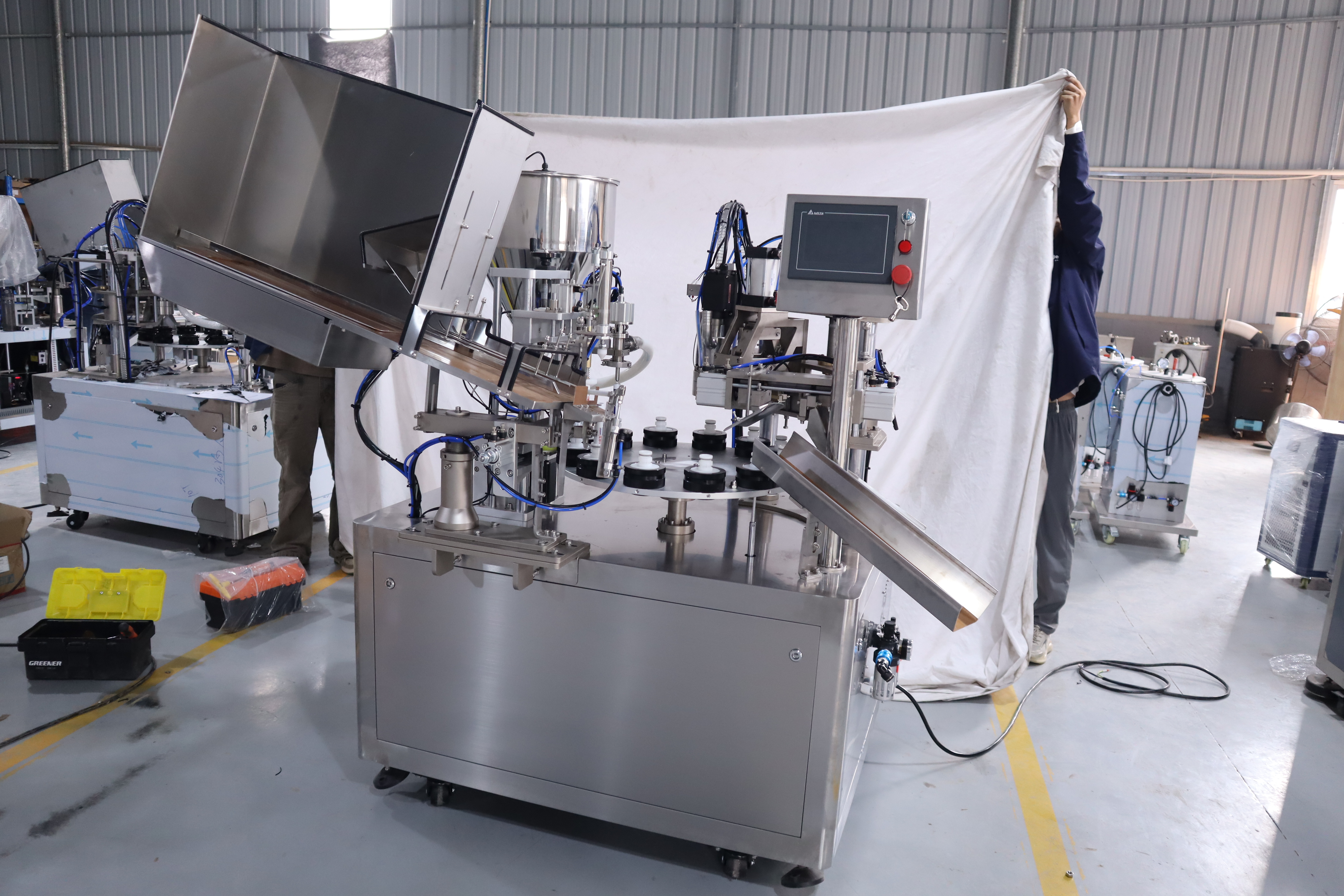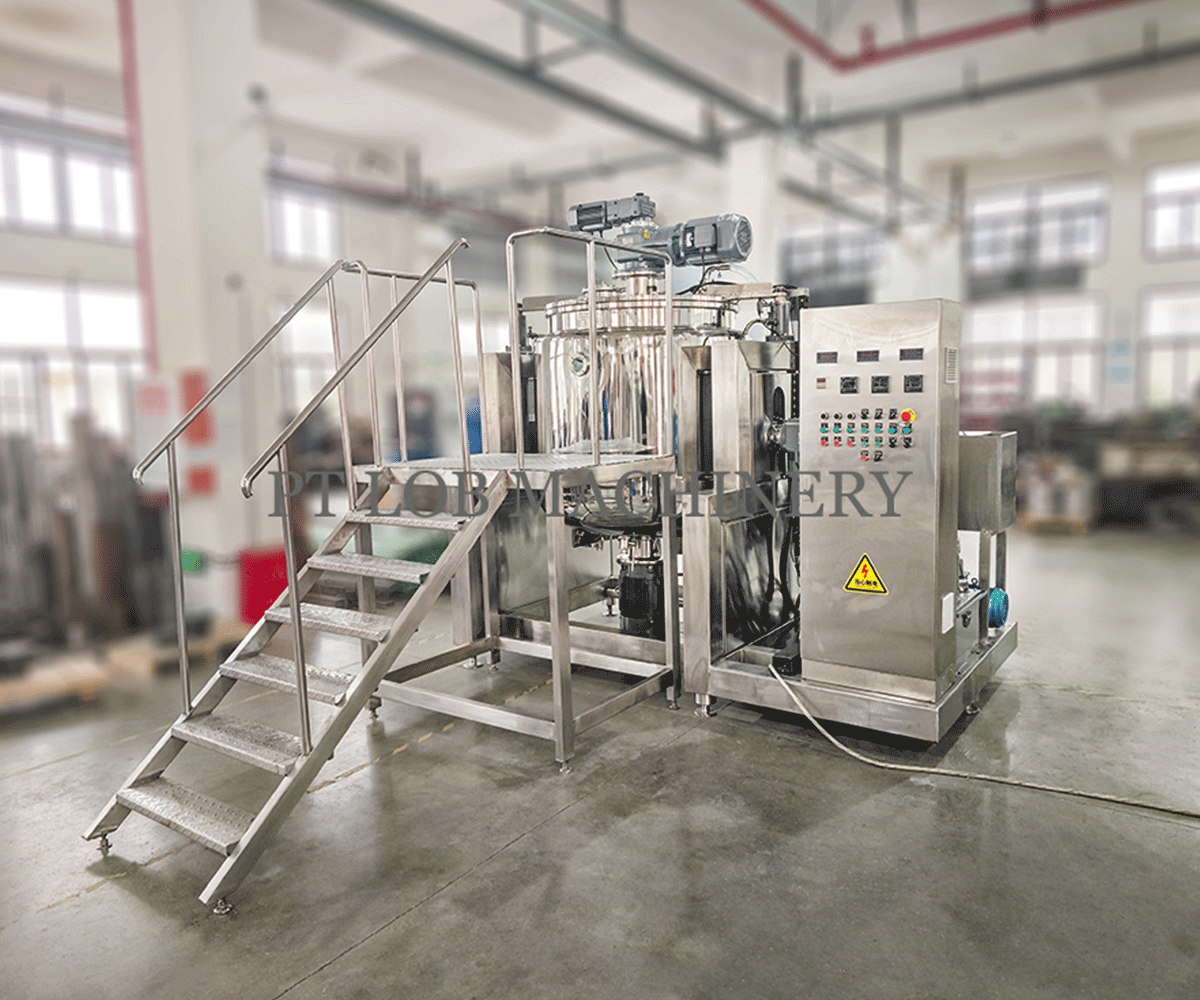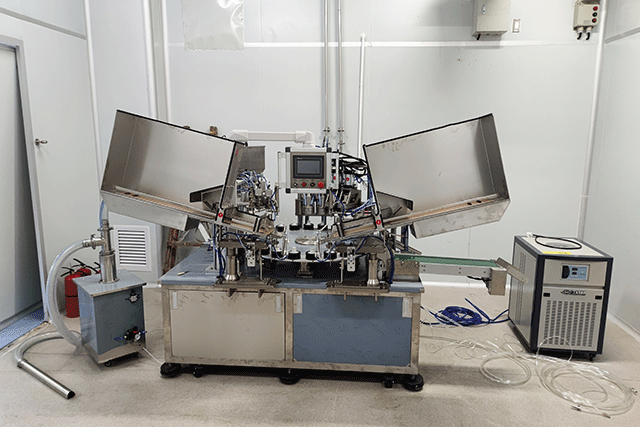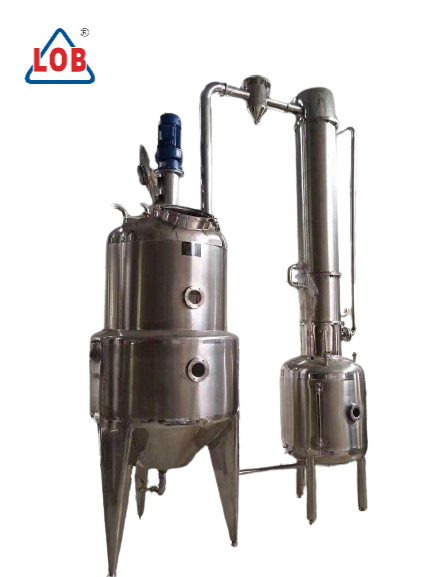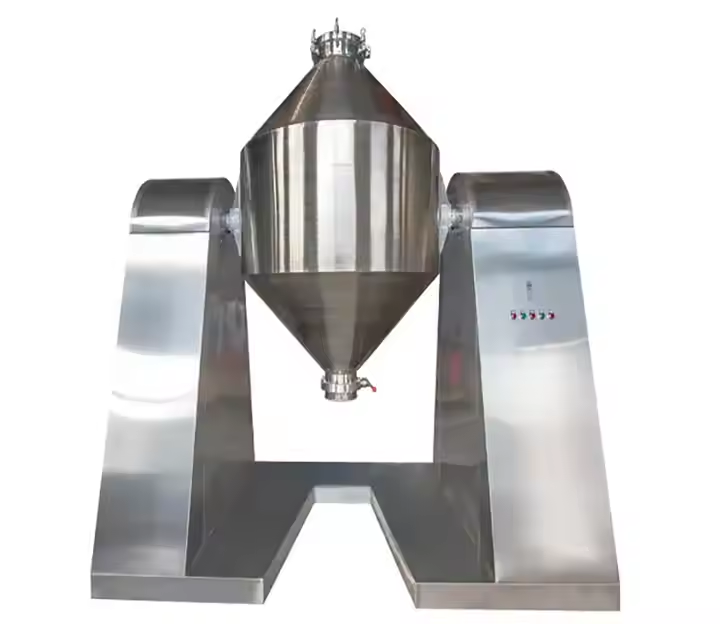Advantages and Disadvantages of Homogenizer
When it comes to the process of homogenization, understanding its advantages and disadvantages is crucial. Homogenizers play a significant role in various industries, but like any technology, they come with their set of pros and cons. In this comprehensive guide, we'll explore the advantages and disadvantages of homogenizers to help you make informed decisions for your specific applications.
Understanding Homogenization
Homogenization is the process of breaking down and mixing particles or substances within a mixture to achieve uniformity. It involves intense mechanical forces, typically through high pressure and shear, to create a consistent blend.
Advantages of Using Homogenizers
1. Improved Product Quality
Homogenizers enhance product quality by ensuring that components are evenly distributed. This is vital for industries like food processing, where it prevents phase separation and creates a smoother texture.
2. Increased Shelf Life
Homogenization can lead to better stability and longer shelf life for products. By reducing particle size, it minimizes the chances of spoilage and separation.
3. Enhanced Bioavailability
In the pharmaceutical industry, homogenizers are used to reduce particle size, which can improve the bioavailability of drugs. This means that medications are more easily absorbed by the body, increasing their effectiveness.
4. Efficient Cell Disruption
In biotechnology, homogenizers are crucial for breaking open cells and releasing cellular contents for analysis or processing. This is essential for tasks like DNA extraction and protein purification.
Disadvantages of Using Homogenizers
1. Cost
Homogenizers can be expensive to purchase and maintain. The initial investment may be a barrier for some businesses, especially small-scale operations.
2. Energy Consumption
The process of homogenization requires significant energy, primarily in the form of electricity. This can lead to higher operational costs.
3. Maintenance
Homogenizers require regular maintenance to ensure they function correctly. Neglecting maintenance can result in reduced efficiency and costly breakdowns.
4. Noise and Vibration
During operation, homogenizers can produce substantial noise and vibration, which may require additional measures for noise control and operator safety.
Making Informed Decisions
In conclusion, homogenizers offer a range of advantages, including improved product quality, increased shelf life, enhanced bioavailability, and efficient cell disruption. However, they come with disadvantages, such as cost, energy consumption, maintenance requirements, and noise and vibration.
When considering the use of homogenizers in your specific application, it's essential to weigh these advantages and disadvantages against your operational requirements and budget. Consulting with experts in the field can help you make informed decisions that align with your business goals and product needs.
Our company and factory in Indonesia are well-equipped to provide homogenizers and related services to meet your specific requirements. Contact us today to learn how we can assist you in making the most of this valuable technology while addressing any concerns or questions you may have.
 English
English 
